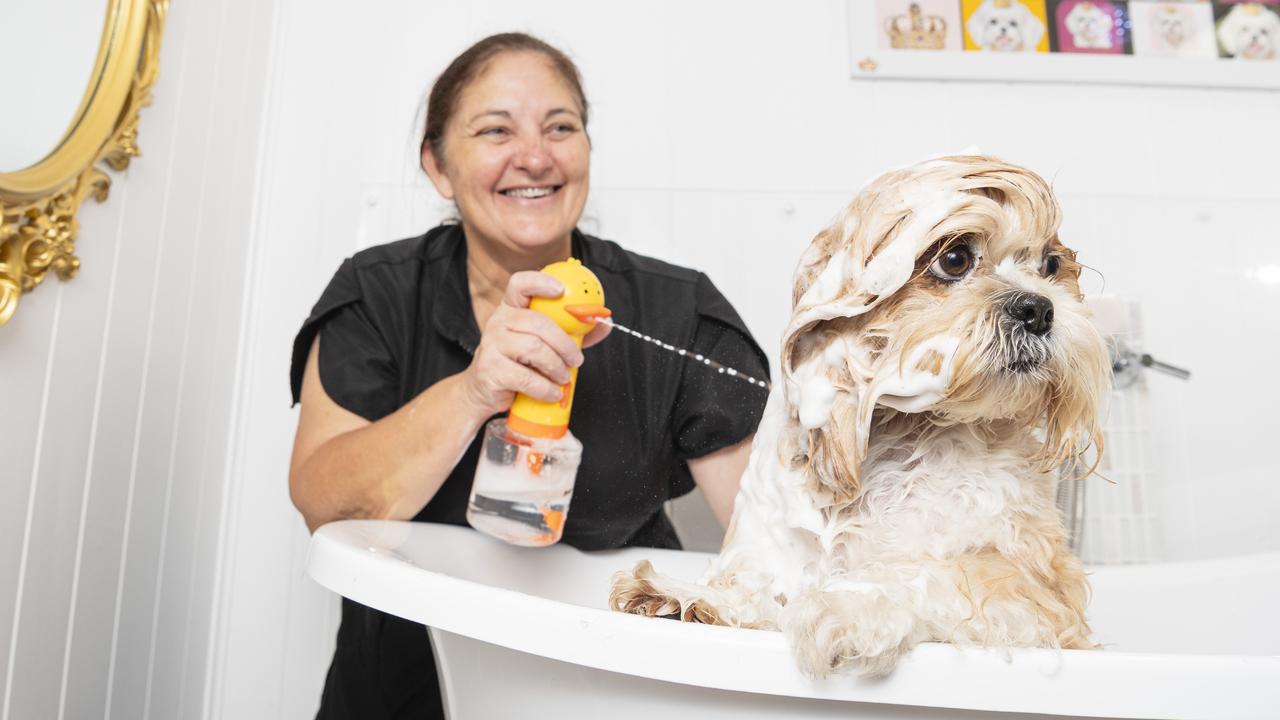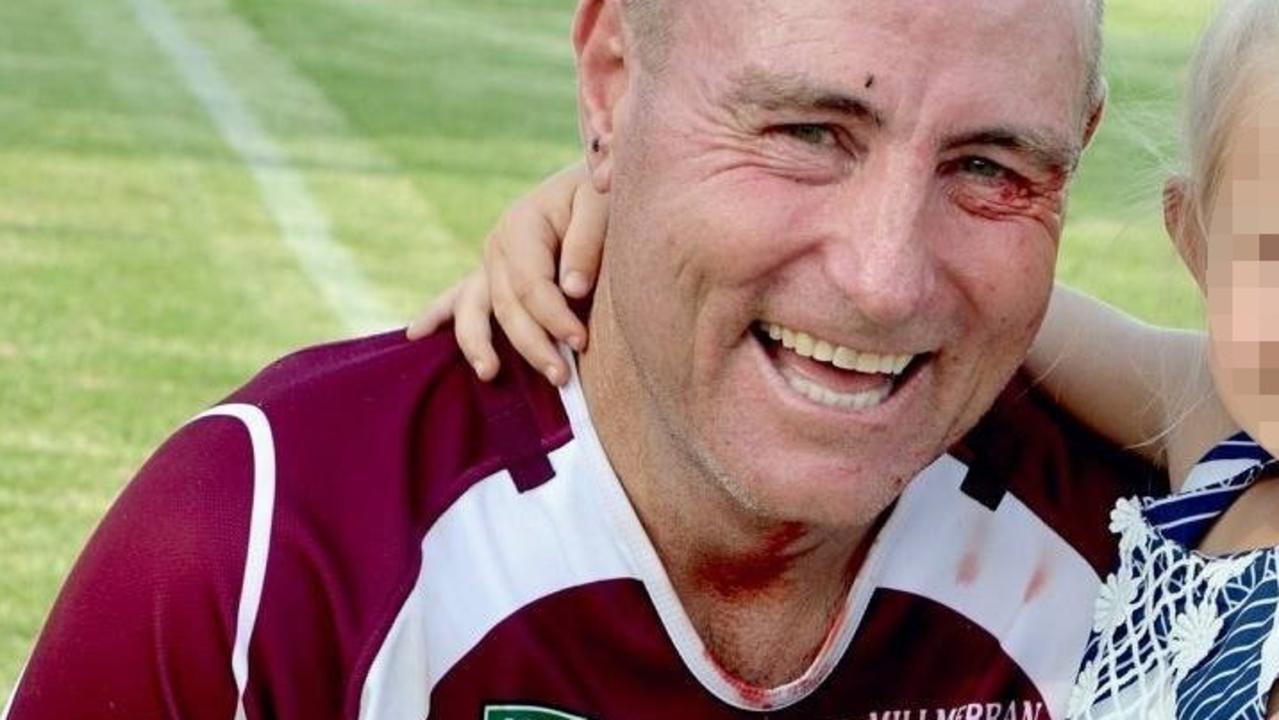Education exodus: Teachers detail horrific classroom experiences
Toowoomba teachers have opened up about the horrific experiences which have left them questioning their safety, wellbeing and future in the industry.
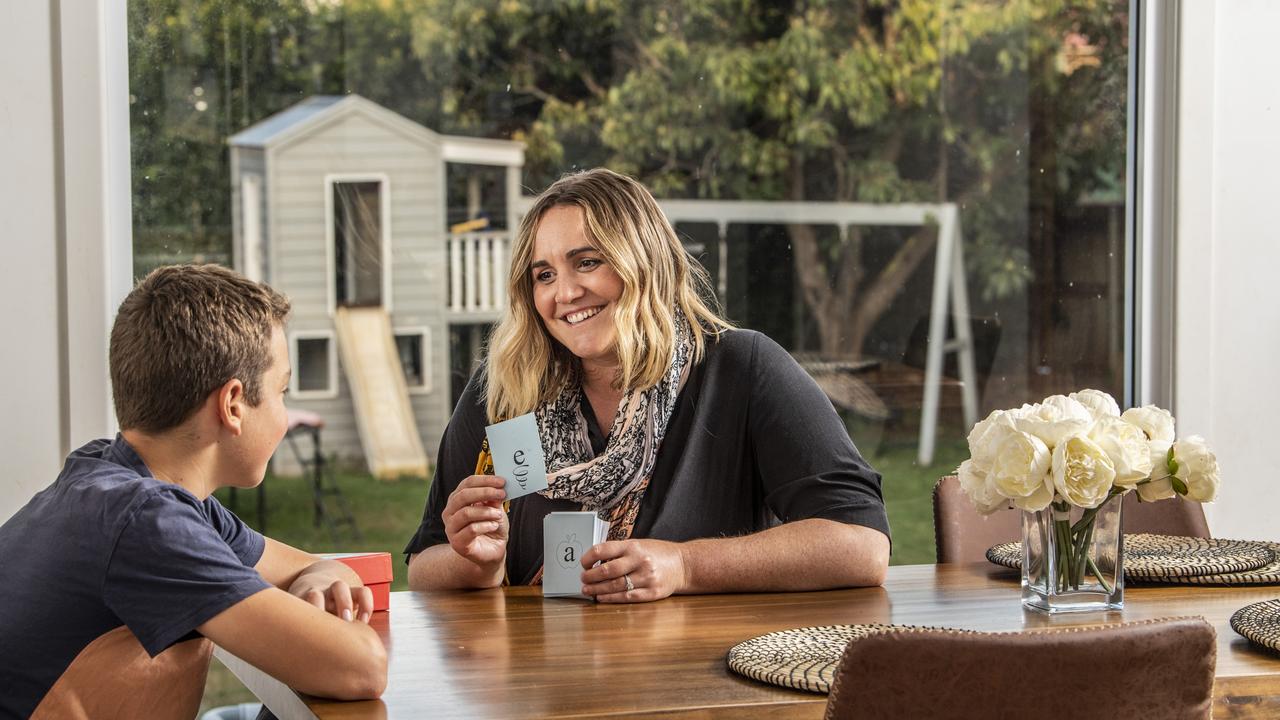
News
Don't miss out on the headlines from News. Followed categories will be added to My News.
Biting and punching from students, abuse and yelling from parents and bullying from colleagues - Toowoomba’s teachers have revealed what it’s really like in the Garden City’s classrooms and why so many are abandoning the profession.
The rate of Queensland Department of Education staff jacking in their jobs has hit a five-year peak following a surge in the past two years.
A Toowoomba primary school teacher who has been working in state schools for almost four decades has been left devastated by the worsening workplace conditions for educators.
Still employed by the Department, she has spoken on the basis of anonymity.
“You don’t go to work expecting to get bitten or have a chair thrown at you,” she said.
“Sometimes I get scared for the other children and we have to take them into another classroom for their own safety.
“Even though these kids are small, they still hurt others and they’re out of control.”

For the first time in five years, the Department’s total workforce shrunk after ending the 2021/22 financial year with a deficit of almost 750 staff compared to the previous year.
Another teacher who also spoke on the basis of anonymity said bullying had been her biggest struggle.
“I’m luckier than most because the kids, staff and admin are all quite reasonable at my school, but I know of some fantastic teachers who physically cannot get out of bed anymore because of what happens,” she said.
“I have witnessed a young teacher curled up in foetal position lying on the floor of the staffroom and that was just heartbreaking.
“These days I take my hat off to anyone who can stay with the department for decades, especially younger teachers who get targeted by parents and I would no longer recommend anyone to enter the field.”

Both teachers said they knew of many educators who had taken stress leave or left the industry entirely due to the declining behaviour of students, the growing workload and burnout.
They said more teacher aides should be permanently assigned to classrooms for extra support and play based prep should be reintroduced rather than forcing four-year-olds to sit at desks for six hours each day.
The two anonymous teachers agreed the curriculum should be amended so young people were only assessed on core subjects like maths and English.
“I feel so sorry for the little Year 1 students who get absolutely flogged with work – we should not be assessing them on things like media arts and design technology at that age,” one of the teachers said.
“They get so frustrated and stressed and they’re not old enough to understand those emotions so they end up just exploding and behaving badly.”
Both teachers said children living with disabilities and learning difficulties were also slipping through the cracks due to long specialist wait times, misdiagnosises and child safety issues.
A spokeswoman from the Department of Education Queensland said abusive and violent behaviour was not tolerated and where necessary students would face consequences under the school’s Code of Conduct.
The spokeswoman said complaints made about the conduct of employees were taken seriously and the Department encouraged staff to report any concerns.
“The department is committed to the health, safety and wellbeing of our employees and
students including through the new education strategy Equity and Excellence: realising the
potential of every student,” the spokeswoman said.
“All allegations of misconduct are assessed, and, where necessary, appropriate action is taken to mitigate any concerns raised.”
The Department spokeswoman said P-12 curriculum, assessment and reporting framework delivered in state schools “focuses on minimum requirements to ensure workload is manageable”.
She said the requirements of this framework was reviewed by the Department regularly and considered feedback received from teachers.
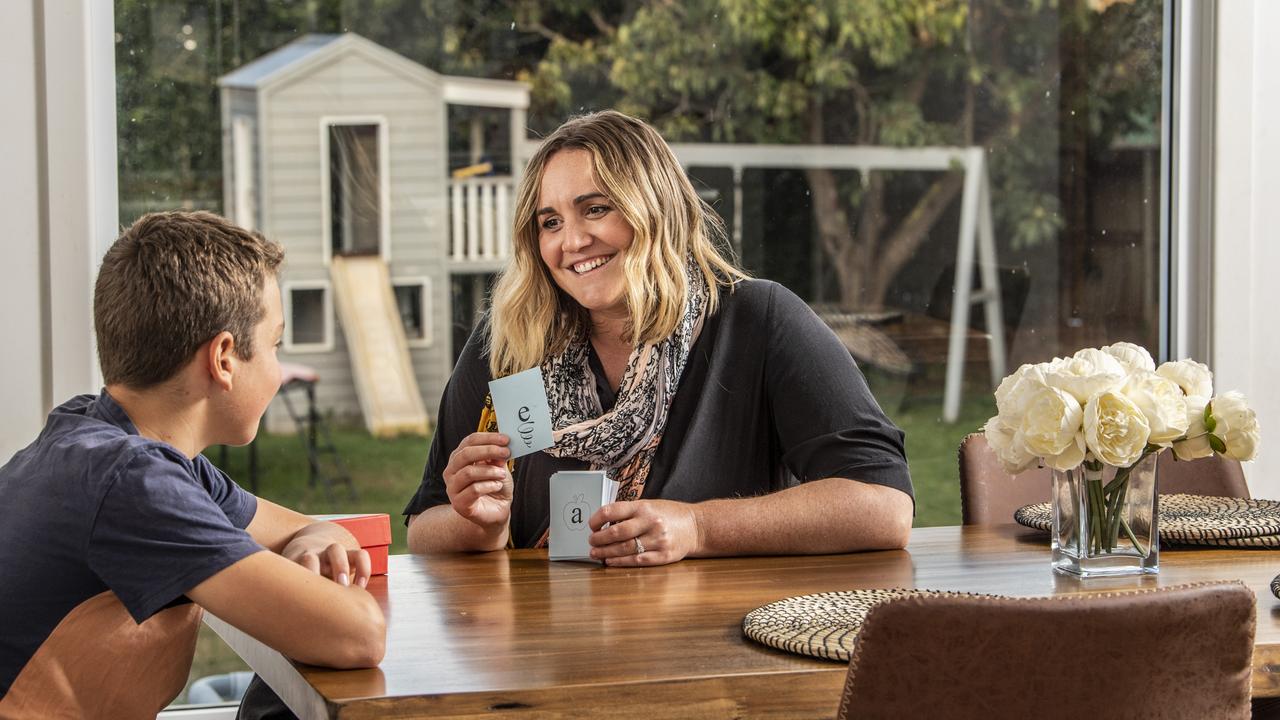
Former Toowoomba teacher Amy Deane who left the industry to start her own business Sprouts Reading Clinic experienced challenges while working in the public and private sectors.
She said she left the industry due to a conflict of beliefs and frustration with the system failing students with learning differences such as dyslexia.
The former teacher said she felt universities did not prepare incoming educators for the “magnitude of issues” they would face.
“Educational decisions are often dictated by politicians or people within the department who have never stepped into a classroom or have any understanding of what it means to teach,” Ms Deane said.
“Education has changed because society has changed … we are trying to prepare students for the workforce that expects self-motivated problem solvers with emotional intelligence.
“These are all skills that take time and commitment from educators – gone are the days where ‘chalk and talk’ is best practice because we want students to be able to think, not just regurgitate content.”
The Chronicle surveyed 14 former and current teachers who said they believed burnout and unachievable workload were two of the biggest causes of high attrition rates.
Some teachers advised they were working 50-60 hour weeks teaching classes, collecting data, performing endless marking, attending meetings and responding to emails.
“Resignations and other forms of separation combined for Department of Education
employees have remained steady over the last few years, with retention for teachers at
around 95 per cent,” a Department spokeswoman said.
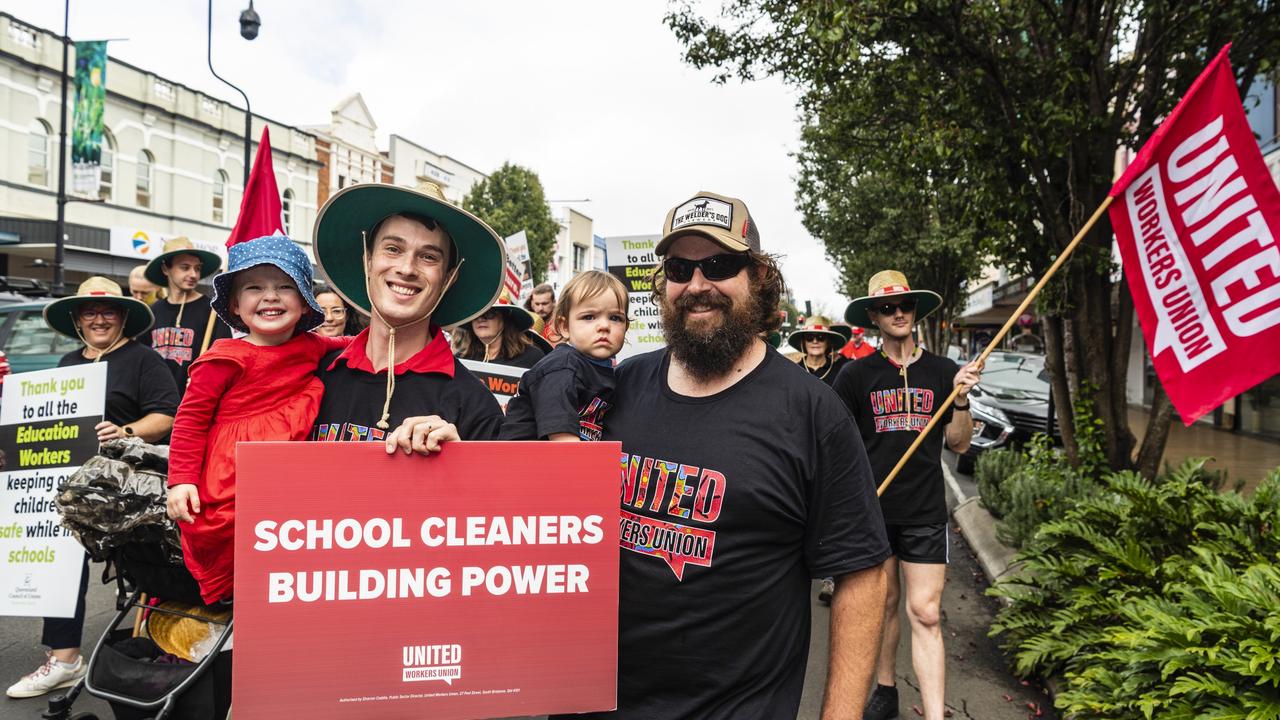
WorkCover Queensland confirmed 2579 workers’ compensation claims in the state’s education sector had been accepted between July 2022 to February 2023.
Of those claims, 90 were attributed to the Toowoomba region.
They were submitted for a variety of professions including teachers, aides, carers, labourers, cleaners, groundskeeping, electricians, mechanics, sales, marketing and clerical.
The claims were also submitted across the public, independent and Catholic sectors.
According to data revealed in the Australian Bureau of Statistics’ 2022 Schools Report, Queensland had the sixth lowest student to teacher ratio for state primary schools and fourth lowest for state secondary schools.
A spokeswoman from the Department said a new enterprise bargaining agreement ensured Queensland teachers were among the highest paid in the country.
“It provides teachers with a cumulative 11.4 per cent pay increase over the next three years, together with a cost of living adjustment in each year of the agreement,” she said.
“The new agreement also offers increased incentives for teachers to work in regional and remote areas, as well as measures to help address teacher workload.”
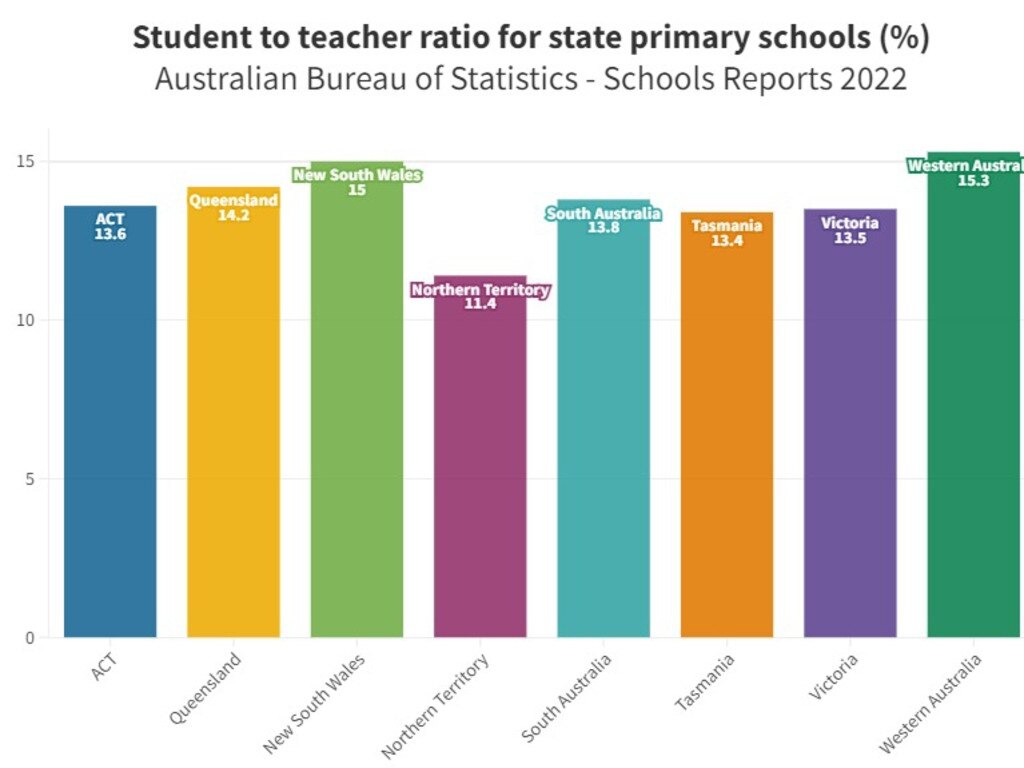
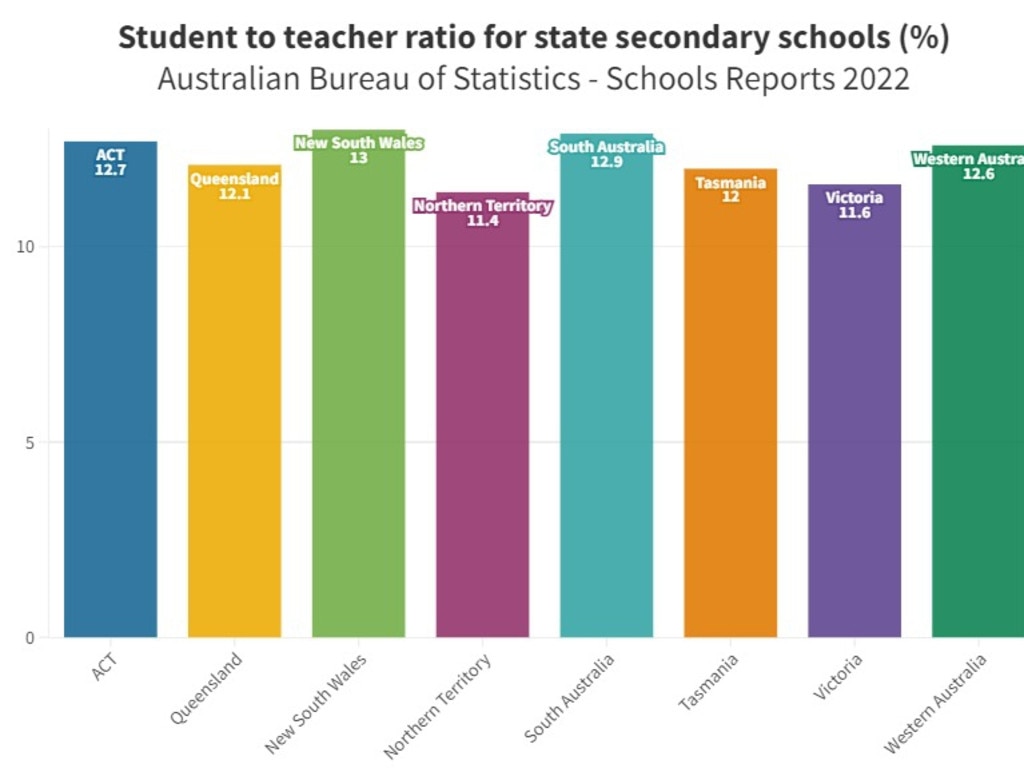
Queensland Teachers’ Union vice president Leah Olsson said every teacher deserved respect, quality wages and workable conditions.
Ms Olsson said while the union is actively involved in supporting members affected by teacher shortages, it is believed incentives achieved through the enterprise agreements had alleviated pressures.
“In an effort to tackle workload, the QTU has secured a review of school resourcing with a mind to minimising tasks that are not directly inherent to classrooms, students, and learning,” she said.
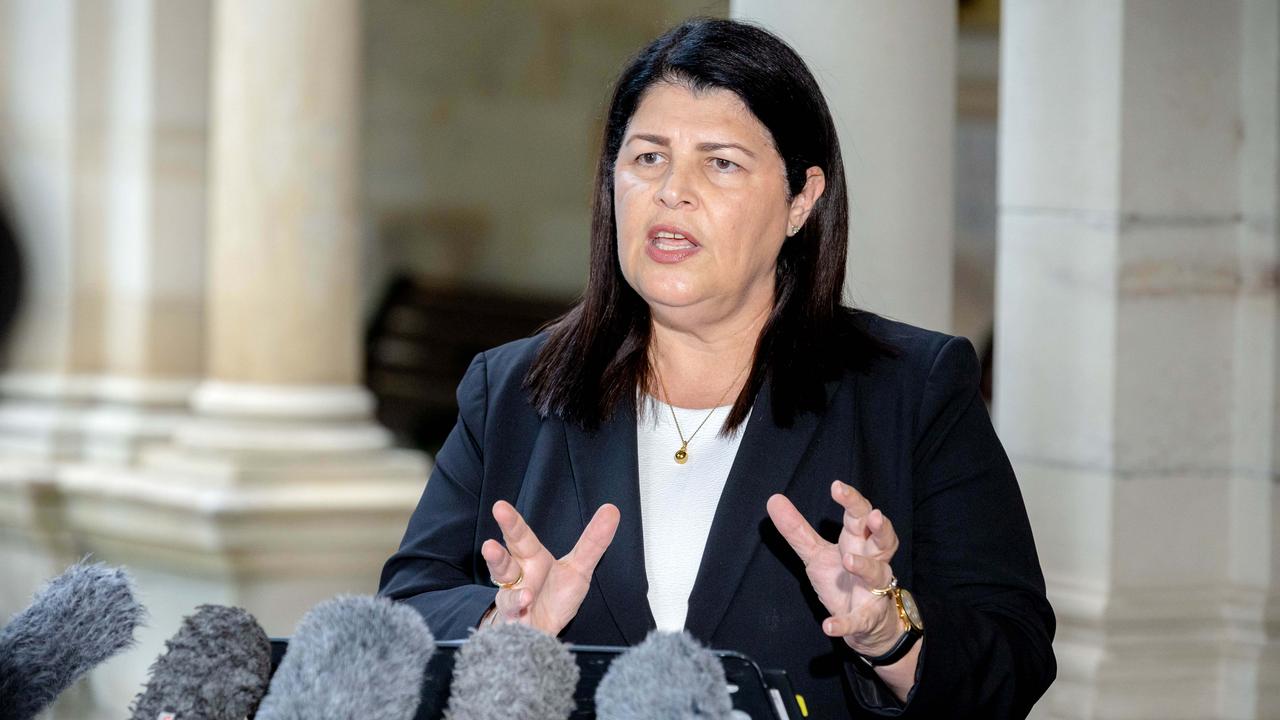
Education Minster Grace Grace said the new enterprise bargaining agreement for Queensland state school teachers included some of the highest pay increases and best working conditions for teachers in the country.
She said 94 per cent of teachers also voted in favour of the agreement.
While the Education Minister said she recognised there were challenges in attracting and retaining teachers, she believed the issue was not unique to Queensland.
“(Teachers) require a national response and that’s why Education Ministers have agreed on a National Teacher Workforce Action Plan,” Ms Grace said.
The Diocese of Toowoomba Catholic Schools Office declined to comment.





